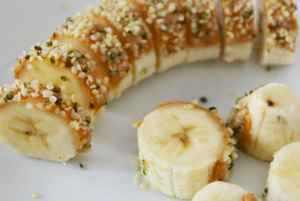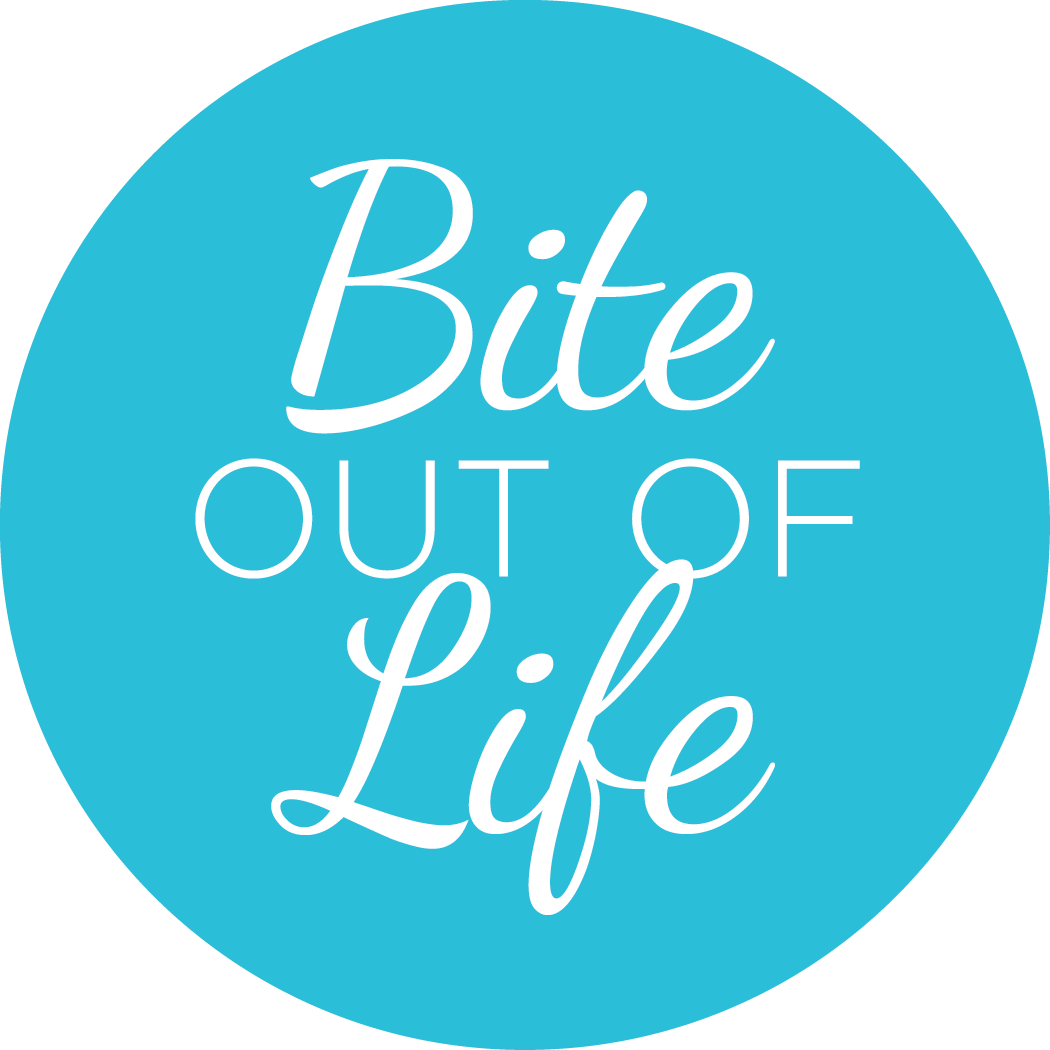
Once I start writing about sleep, I can’t stop. It’s just such a critical part of health that the more I delve into things, the more I learn and yet, the less I feel I know.
Tuning in to your own body, your own circadian rhythm, your own needs can take time. But it’s a critical first step in knowing how to fix whatever has been thrown off-balance.
Tracking more than just the time you go to bed and the time you get up will give you a more complete picture of what’s going on. What you eat, what activities your participated in, how you are feeling emotionally and how you may (or may not) be connecting with those around on a day to day basis will all influence how your sleep goes because all of these elements will impact your personal biological clock.
Although not exhaustive, here are some ways you can help boost your body’s own biological rhythm for better sleep:
Set Boundaries
Whether it’s work commitments or family expectations, we’re learning more and more that people need breaks, vacations, time off, time-outs, and actual sleep and resting time in order to reset. Having spoken to people about work expectations during this pandemic was interesting to say the least. On the one hand, those with work-from-home options were grateful for it. On the other hand, it almost gave employers the permission to contact them at all hours of the day with requests – you know, since they were working from home and presumably 10000% available.
Hmmmm……
So, remember to set boundaries and stick to them. Clearly establish when work hours are (e.g. by not checking work emails after work hours or *ahem* the moment when you wake up). If scheduling in ‘family or personal time’ will make it happen, then schedule it in. Set your bedtime and make sure to turn off all devices. Set a wake-time and bedtime and make sure that household members also respect it (e.g. if your partner or teenager is looking for their car keys to get to work, they are not allowed to ask you. If the cat wakes up at ungodly hours for food, they will not be allowed into the bedroom). Boundaries. They keep you sane.And if you need a time-out, take it. I did and now? I’m less frazzled. I’m less irritable. I’m less overwhelmed. Read all about my mini-meltdown here (ok, maybe not so mini?)
Key Nutrients
Eat a diet rich in both prebiotic & probiotic foods as the bacteria in your gut can interfere with melatonin. Also, eating foods that are high in “sleep nutrients” is essential. For example, potassium helps us stay asleep and can be found in bananas, coconut water and avocados. Magnesium is a relaxant, and helps us to fall asleep, but 80% of us are believed to be deficient in this multi-tasking mineral. So if your night-time snack is a banana, dip it in some magnesium-rich almond butter and/or sprinkle some seeds on top (I’ve got a recipe for you at the bottom of this blog).
Balanced Dinner
While a good sleep takes more focus than just the few hours in the lead up to bedtime, pay special attention to the last meal of the day. A balanced dinner should include an ample amount of protein, veggies, good fats, and a small amount of “slow, low” complex carbs like sweet potatoes, wild rice or maybe quinoa. As a note – many women feel better if they eliminate grains in the evening, so is you are struggling with sleep, experiment with this a bit and don’t forget to track the results so you can play detective and figure out what’s going on.
Limit (Eliminate?) Alcohol
Even though we turn to alcohol to wind-down, just one glass can raise your blood sugar (another disruptor) and stop you from moving into that all-important REM sleep when we dream as well as when our memories get solidified from short to long-term. I speak about the impact of alcohol in a little more detail here, if you’re curious.
Practice Healthy Sleep Hygiene
Consistency in bedtimes, wake times, wind-down rituals, stress relief, calming lighting, breathable bedding, a clutter-free room – all these elements contribute to better sleep hygiene. Creating a sleep sanctuary and honouring that time for rest and rejuvenation 7 nights a week, 52 weeks a year is what will build the mental muscle of resilience that will help you to combat your messy sleep habits and start feeling better.
Ditch the Devices
This cannot be understated and falls into practicing good sleep hygiene. Set a screen curfew for at least an hour before bed. The blue light emitted from our devices lowers melatonin production by up to 50%. Wow! If you must continue to read on your electronic device (you notice I said read, like a book and not just endless Facebook scrolls), invest in some blue light-blocking glasses.
Essential Oils
Adding a few drops of calming EO’s like lavender, vetiver, frankincense, sandalwood & Roman chamomile in a diffuser, in a hot bath before bed or on your pillow can work wonders to help you drift off to sleep.
One study even found traditionally stimulating oils to promote better sleep – they used lemon, eucalyptus, tea tree and peppermint. Participants in the essential oils group perceived themselves as having lower stress and depression levels. Read about that here.
Natural Sleep Supplements
When my disrupted sleep patterns were at their worse, I have benefitted from using natural herbal remedies. While I know it’s not for everyone and that it works best under the supervision of a natural wellness professional, I did write about it briefly here as an overview.
There’s absolutely no question that getting enough quality sleep is one of the most important things you can do for your overall health. It does take some practice, and perhaps a few biological “hacks” to balance your body’s natural circadian rhythm, but a better night’s sleep can be achieved!
Recipe: Banana Sushi
Serves: 2
Ok, it’s debatable whether we should be eating between dinner and the next morning’s breakfast – but what if you have trouble sleeping and natural sleep supplements just aren’t your thing?
How about trying a natural source of sleep nutrients with my banana sushi recipe? It’s easy to prepare and so, so yummy!
The banana and almond butter offer up potassium and magnesium as well as some fibre. We’ve talked about the importance of fibre before in our F Blog but it may also help to promote slow wave sleep (the kind that makes you feel more rested!) – check out that study here.
The final additions to our Sleepy-time Snack include hemp and almond butter. They are a vegan source of tryptophan, which is a precursor to serotonin and melatonin. So, that should make you nice and sleepy!
INGREDIENTS
- 2 Bananas (peeled)
- 2 tbsps Almond Butter
- 2 tbsps Hemp Seeds
DIRECTIONS
- Spread almond butter onto banana.
- Sprinkle hemp seeds over top.
- Slice and enjoy!
